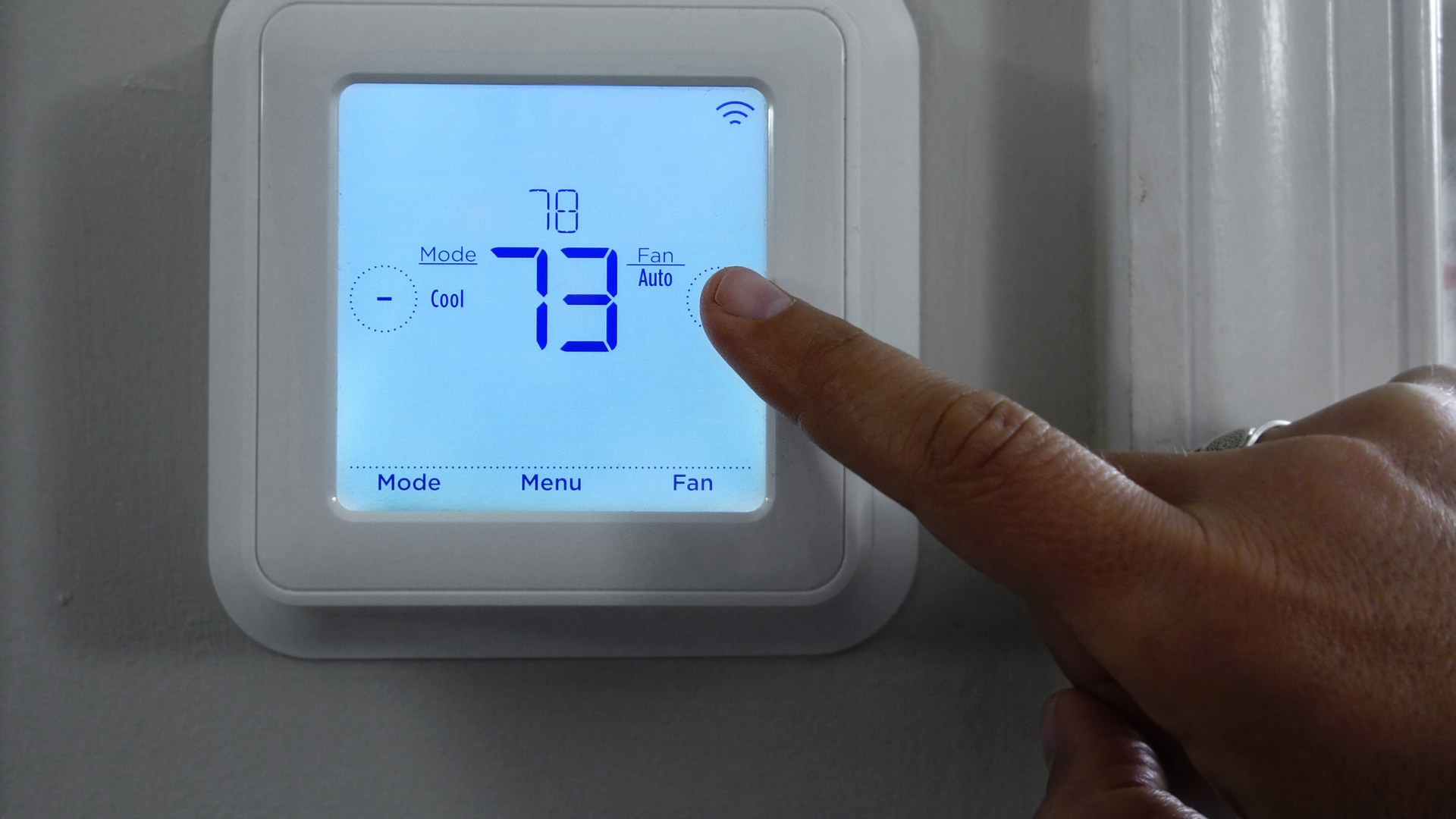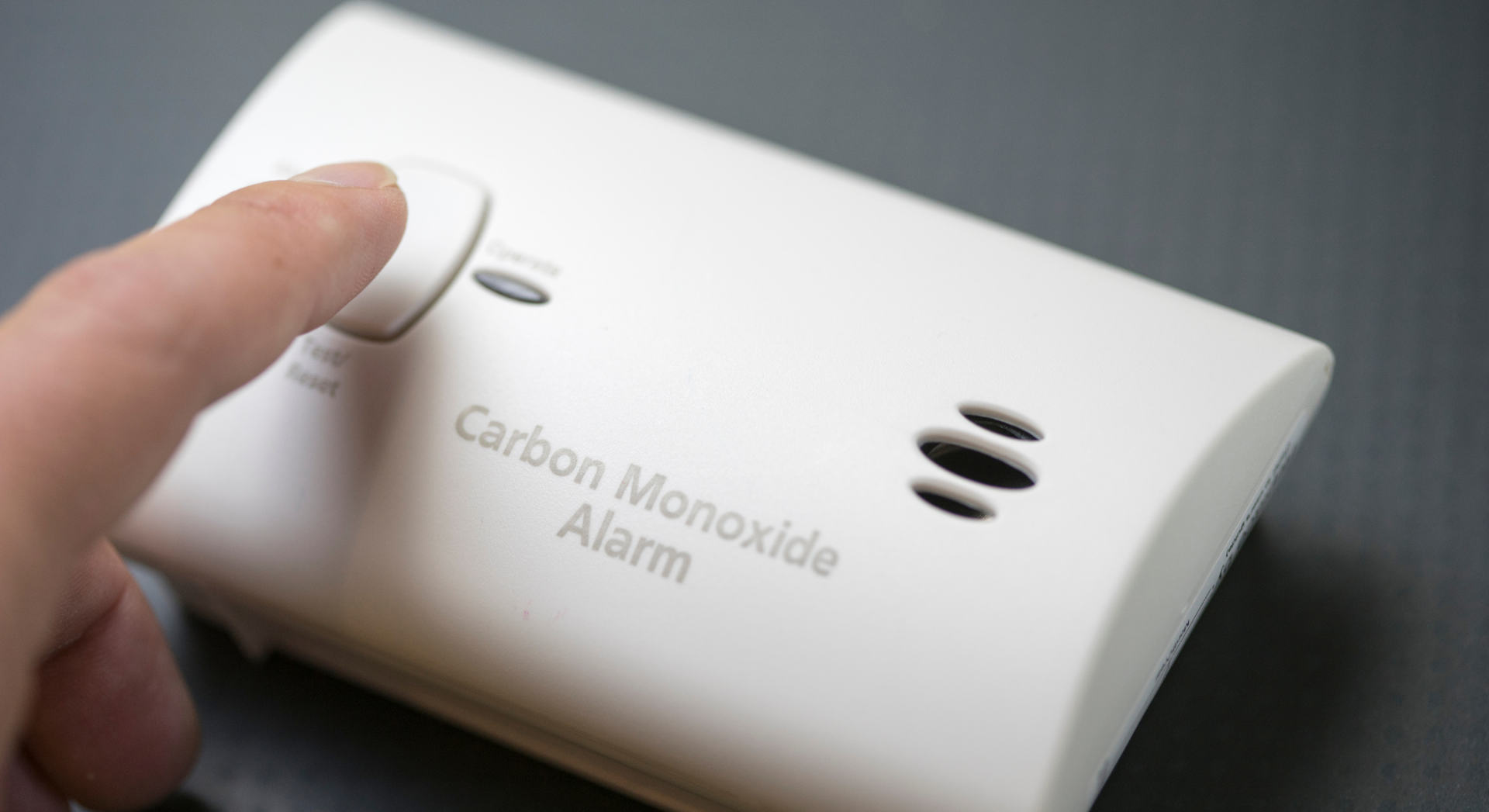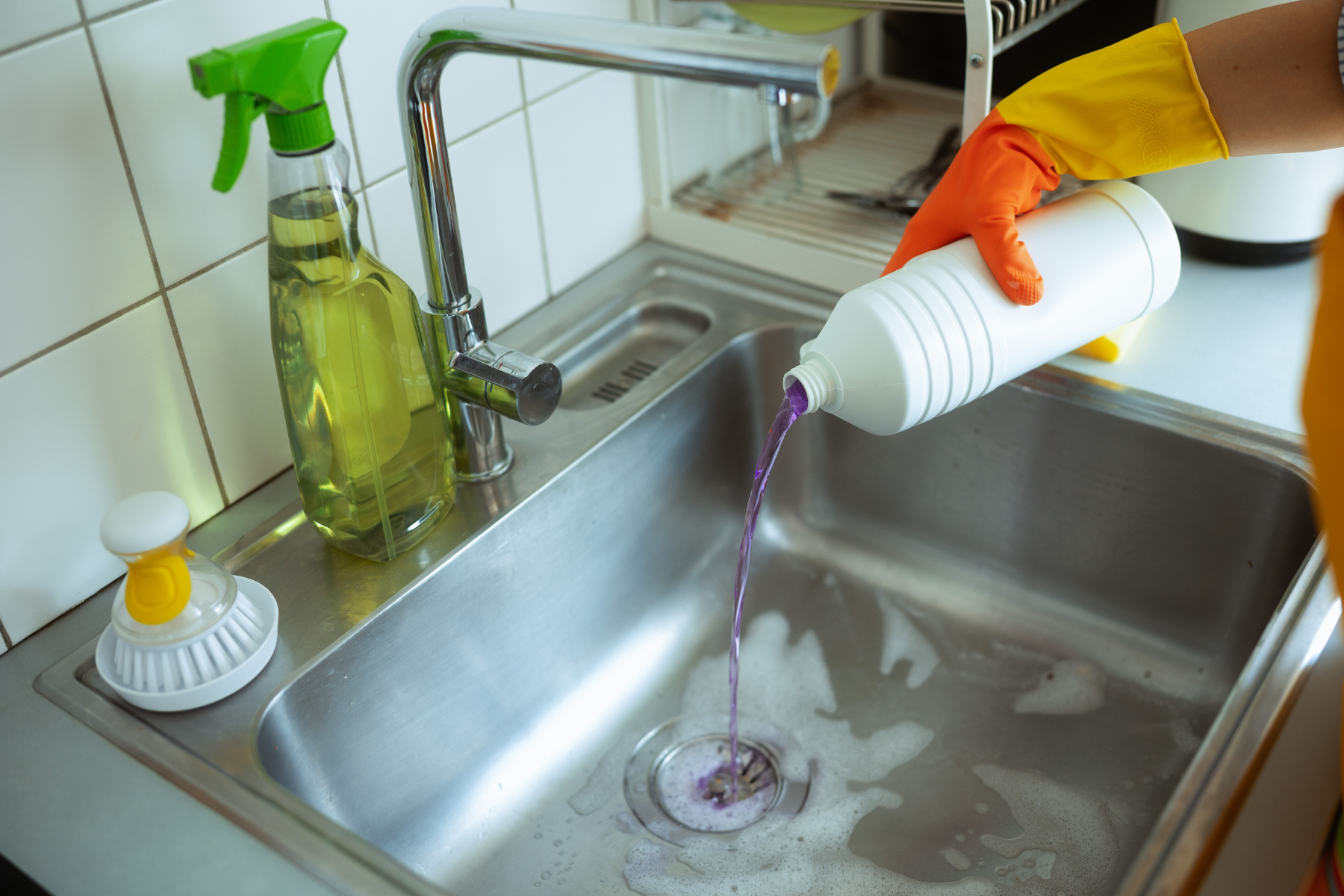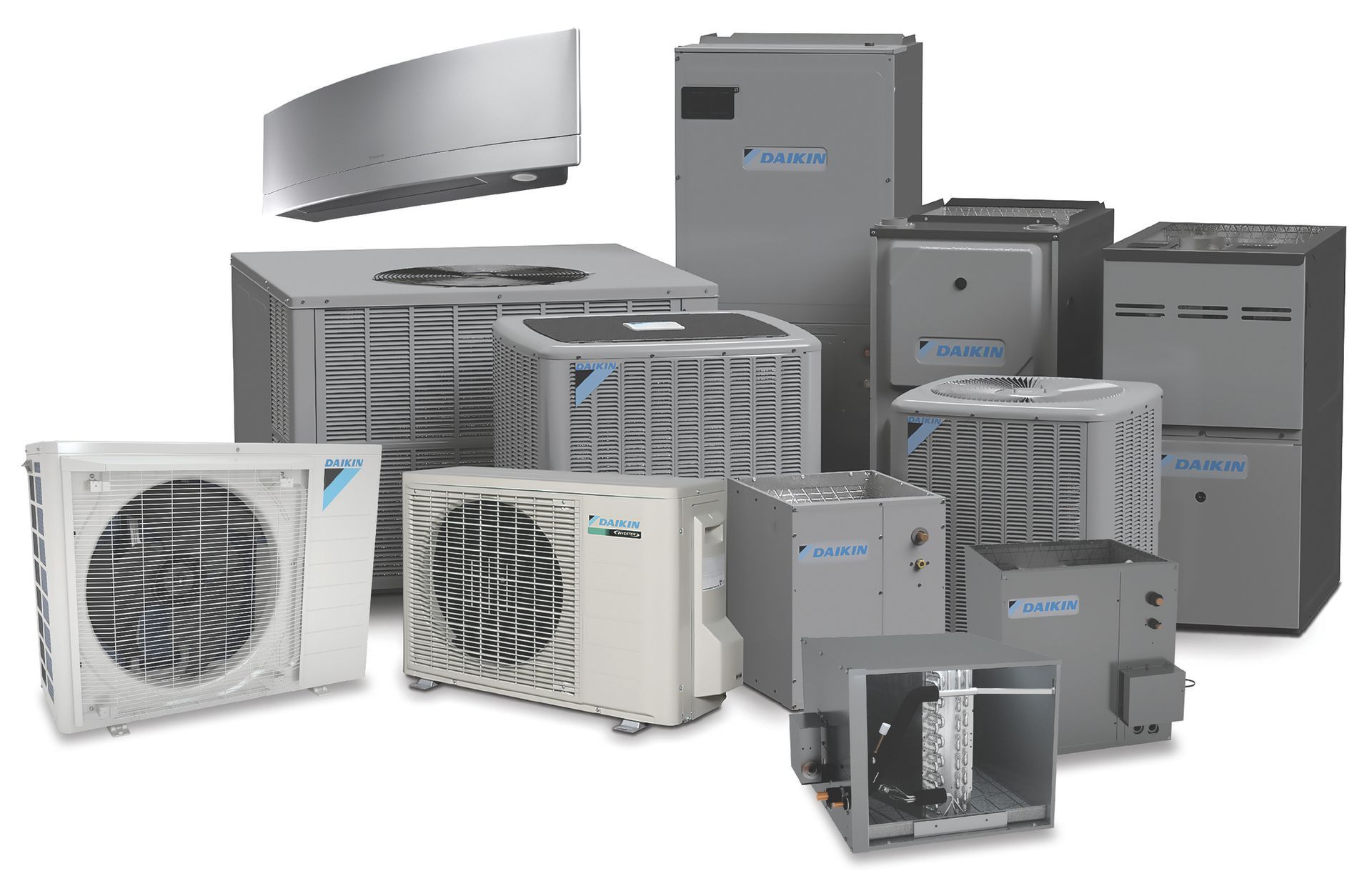How to Prevent Frozen Pipes This Winter
🧊 How to Prevent Frozen Pipes This Winter—and What to Do If They Freeze
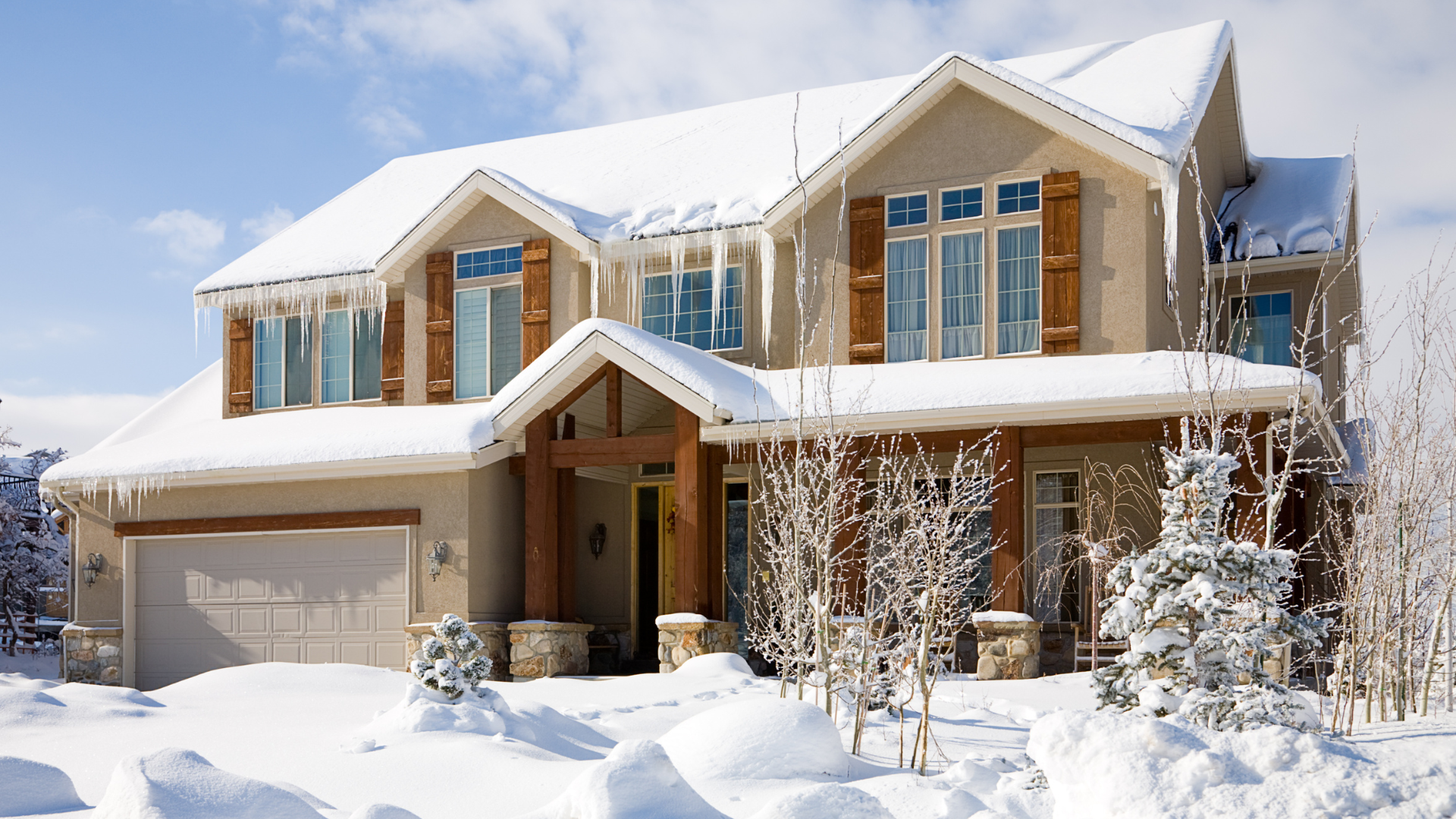
🧊 How to Prevent Frozen Pipes This Winter—and What to Do If They Freeze
When winter hits hard, frozen pipes can turn into a costly nightmare for homeowners. A burst pipe can spill hundreds of gallons of water in just hours, damaging walls, floors, and valuables. But with a few proactive steps, you can protect your home and avoid the stress and expense.
Here’s how to prevent frozen pipes—and what to do if they freeze.
❄️ Why Do Pipes Freeze?
Pipes freeze when temperatures drop below 20°F, especially in unheated areas like basements, crawl spaces, attics, and garages. Water expands as it freezes, putting pressure on the pipe walls until they crack or burst.
🛡️ How to Prevent Frozen Pipes
Here are simple, effective ways to keep your pipes safe:
1. Insulate Vulnerable Pipes
- Use foam pipe insulation sleeves or heat tape for pipes in unheated areas.
- Pay special attention to pipes near exterior walls or windows.
2. Seal Air Leaks
- Caulk or weatherstrip gaps around windows, doors, and foundation cracks.
- Close vents and access points that let cold air into crawl spaces.
3. Keep the Heat On
- Maintain indoor temperatures above 55°F—even if you're away.
- Open cabinet doors under sinks to let warm air circulate around pipes.
4. Let Faucets Drip
- Allow a slow trickle of water from faucets connected to vulnerable pipes.
- Moving water is less likely to freeze.
5. Use Smart Thermostats and Leak Detectors
- Monitor temperatures remotely and get alerts if pipes are at risk.
- Some systems can even shut off water automatically if a leak is detected.
🚨 What to Do If Your Pipes Freeze
If you suspect a frozen pipe, act fast to prevent a burst:
1. Turn Off the Main Water Supply
- This reduces pressure and limits flooding if the pipe bursts.
2. Locate the Frozen Section
- Look for frost on the pipe or reduced water flow from faucets.
3. Thaw the Pipe Safely
- Use a hair dryer, heating pad, or space heater (never an open flame).
- Start near the faucet and work your way toward the frozen area.
4. Call a Licensed Plumber
- If you can’t locate or thaw the pipe, or if it’s already burst, professional help is essential.
🏠 Peace of Mind Starts with Prevention
Frozen pipes are preventable with a little preparation and vigilance. By insulating, sealing, and monitoring your home, you can avoid winter plumbing disasters and keep your home safe and dry.
Need help winterizing your home? Check out our recommended local pros to find trusted plumbers and HVAC experts near you.
Click Another Article to Read More


